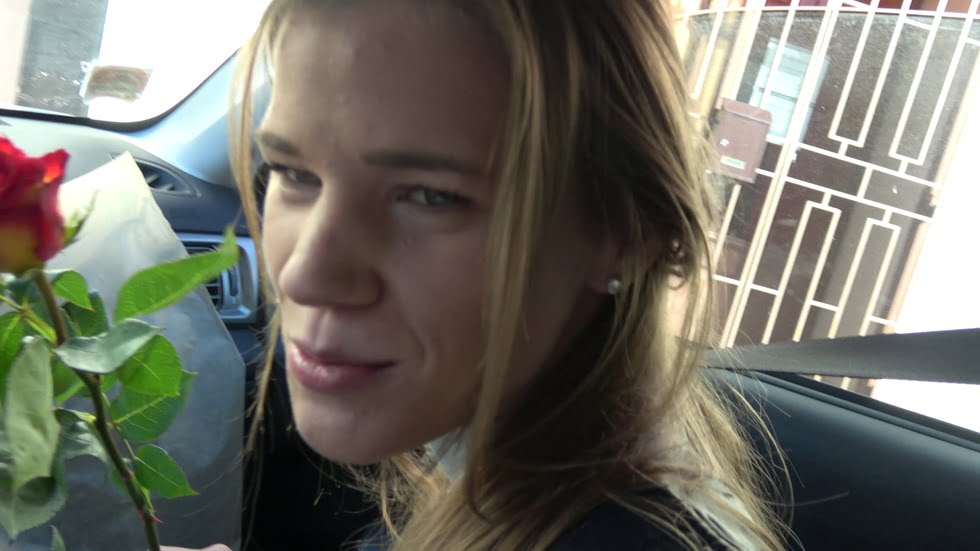Could a seemingly simple premise families exchanging spouses for a brief period truly reveal the raw, unfiltered realities of relationships and societal norms? The enduring popularity of the "wife swap" format, despite its often-controversial nature, suggests that it taps into something primal about human interaction, the complexities of family dynamics, and the allure of the unknown.
The Czech Republic's adaptation of this global phenomenon, known as "Vmna manelek," or "Wife Swap," presents a fascinating case study in how a concept born in the United Kingdom has been reinterpreted and received by a different culture. While the basic structure remains the same two families swap wives for ten days, navigating each other's homes, routines, and often clashing parenting styles the show's evolution offers insights into shifting social values and the ever-changing landscape of reality television.
The original premise of "Vmna manelek" focused on portraying the lives of Czech housewives, their day-to-day routines, and the emotional challenges they faced. However, the show has evolved significantly over time, broadening its scope to include diverse family structures. In recent years, both lesbian and gay couples have participated in the show, challenging traditional notions of family and love, and reflecting a broader societal shift towards greater inclusivity and acceptance. This adaptation, like many reality television shows, has often been criticized, and it has always had its supporters and detractors. But it should be acknowledged that in reality, in the world of reality television, not all shows are created equal.
- Bastille The Ultimate Guide To The Indie Pop Band
- Discover The Appenzeller Sennenhund Breed Info More


